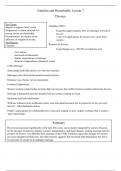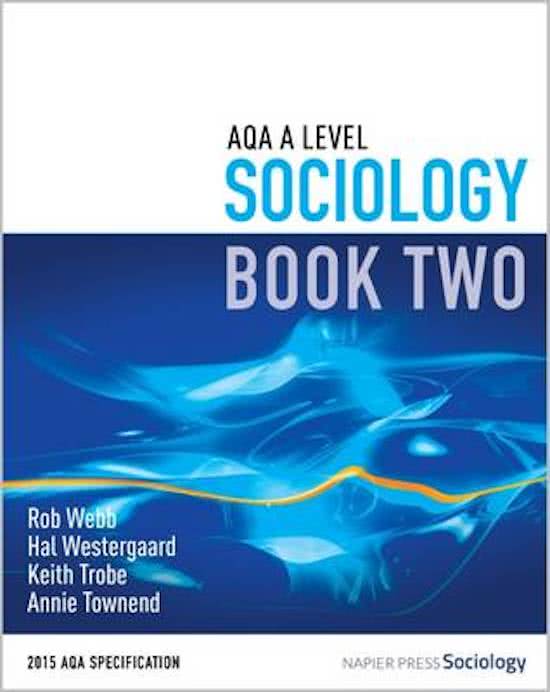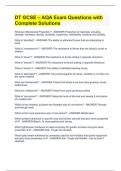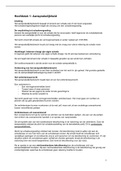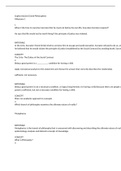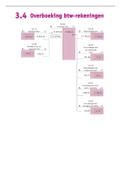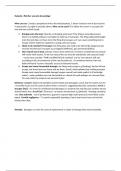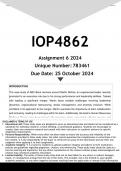Autre
Families and Households: Divorce and Life Course Analysis
- Cours
- Établissement
- Book
For anyone studying Families and Households in Sociology at A or AS Level, this document provides a thorough companion to your classes and textbook. Lesson 7/8 focuses on Divorce and Life Course Analysis: views, reasons, case studies and evaluations, as well as all key terms and sociologists specif...
[Montrer plus]
